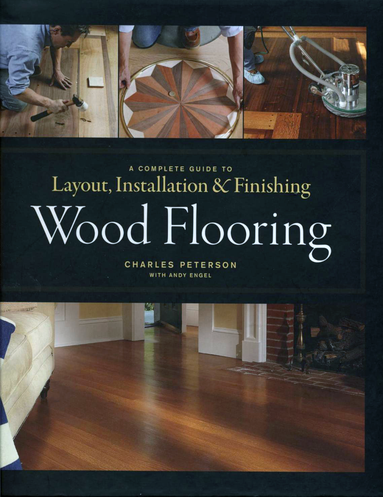Roger Voge, Oklahoma Flooring Divisional President, Star Lumber

At its spring conference, members of the National Floorcovering Alliance celebrated the upcoming retirement of Roger Voge, Oklahoma flooring divisional president, Star Lumber, after a 43-year career with the last 33 being with Star and the last 21 being in the flooring division. Voge leads the company’s Oklahoma commercial and builder business and was formerly responsible for all aspects of the flooring division in both Kansas and Oklahoma for more than 17 years. Floor Trends recently had the honor of hearing about some of his experiences and outlook for the business.
FT: Congratulations on your upcoming retirement. How long have you been in the business and a member of NFA?
Voge: I have been attending as a member of the NFA meetings for 21 years. I wasn’t part of the founding members; I was in the second wave. When we came in, there were 12 to 14 members. Nebraska Furniture Mart gave us the invite, and it was a chance to team together with other big dealers. They were putting together rebates differently than the other buying groups that take all the revenue in and take their overhead out and then distribute to the members. It was attractive to be in a group where you received 100 percent of the money earned based on your purchases. Initially we had no overhead and all work was done by the members. Now we have costs for a very small staff and pay for these and meeting costs out of other sources so we still receive 100% of individual rebates earned.
FT: Networking is key benefit of the NFA. How have your meetings changed over the years?
Voge: When I joined, we would meet someplace like the airport Hilton in Chicago—never got of the hotel—and the spouses didn’t come. The vendor setup wasn’t as structured then either; it was more one on one. Over the years, the group created a much different dynamic that is somewhat unique. One of the reasons we go to really nice places is that we get a lot more of the top people from the mills to attend as they enjoy a nice venue, too. For me, I can take my wife, which helps create some personal and work balance. These changes have facilitated building much stronger bonds between vendors and other members. Our sales pitch to vendors, which they know, is that they are spending time with the top decision makers representing over $1 billion dollars of retail sales, involving a small number of members.
FT: There has been a lot of talk among NFA about diversifying their businesses by expanding into different categories. Star seems to have built its business on that premise.
Voge: Star’s roots were as a lumberyard. We were one of the very early home centers in the flooring business. Jacque’s [Jacque Jolly, the Wichita product manager at Star Flooring & Decorating] dad started the floorcovering division for Star, and it took us a while to get approval to sell carpet in 1962 since we were a lumberyard. As time went on, we started separating from the lumberyard, in multiple areas, because, Lowe’s, Home Depot and Builder’s Square were there, and you couldn’t differentiate yourself as well. The woman customer was our flooring target and many didn’t enjoy shopping in a lumberyard. Based on these roots, we’ve always had other products.
FT: Can you pinpoint one particular strategy that has contributed to Star’s success?
Voge: We started specializing employees instead of what I call “super sales people” who could handle it all: make the sale, process the order, prepare the estimate, do the scheduling and the customer service, when we had smaller stores. Now we are trying to hire A players in every position. Sometimes you get an A salesperson but they are a C on paperwork or estimating. So, we’ve tried to specialize. We have designers, outside sales, full-time estimators, full-time people who order product and full-time project managers. The goal is to be master of one instead of a jack of all trades. We also specialize our teams by customer segment.
FT: Anything that didn’t work well?
Voge: We came up with a small-town model to go into small Kansas towns, thinking that Lowe’s and Home Depot wouldn’t be there. We sold paint, wallpaper, lighting and flooring. Early on, the big boxes desired 250,000 people to build a store. Later, they started going into markets of 40,000 or smaller, and when two of them come into a small town, it becomes really crowded.
FT: What’s your advice to the next generation coming into the business?
Voge: You have to respect and understand the differences between generations. Think transaction and cycle times as to when customers expect to get stuff done. They may think about buying flooring for four years, but when they decide they’re ready to buy, they want it installed in three days.
FT: What’s your favorite memory of NFA conferences and what will you do next?
Voge: I always look at the last one as the best one. You renew friendships. I’ve been blessed to travel to a lot of nice places. I don’t take many pictures; I like to make new memories. That’s a goal for retirement: to make new memories. I plan to decompress for six months and do some thinking and then we’ll see what doors open. I will likely get heavily involved in charitable work, want to be a great grandpa and spend more time with my wife of 44 years.
Looking for a reprint of this article?
From high-res PDFs to custom plaques, order your copy today!








